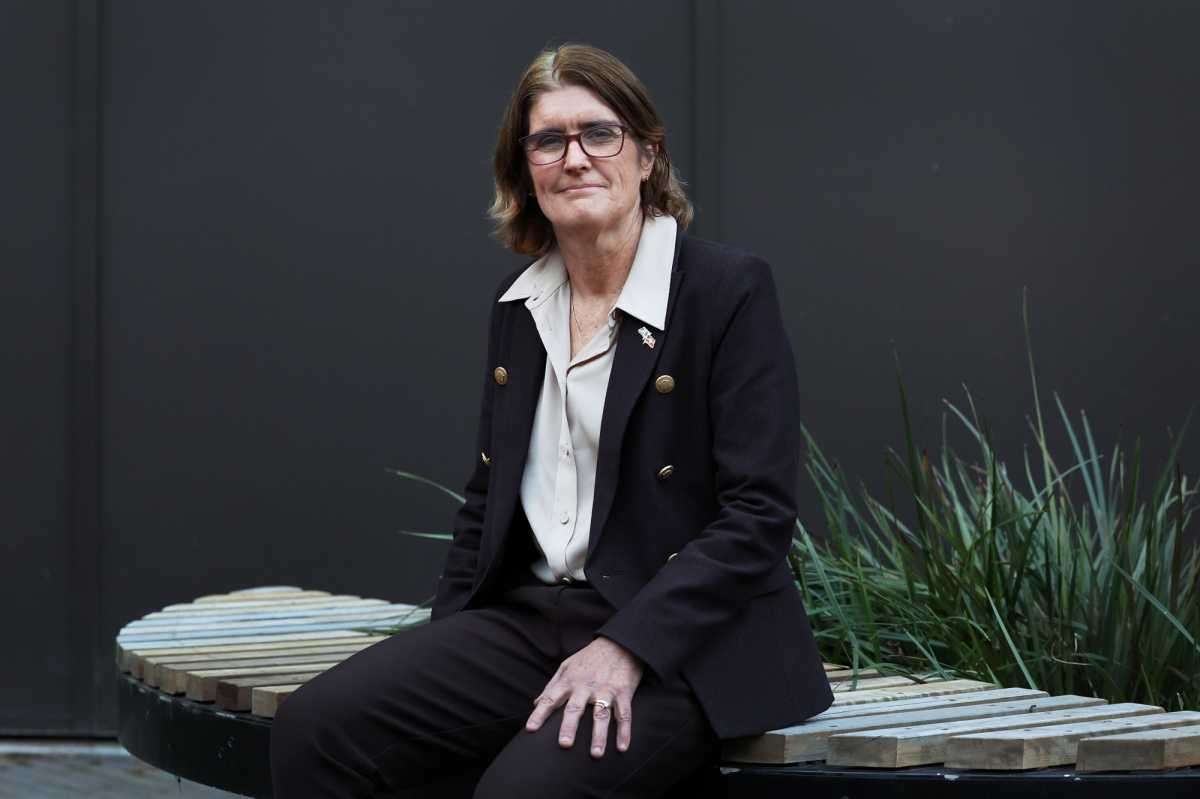Business
RBA Governor Discusses Challenges for Australian Households and Interest Rate Hikes

The governor of the Reserve Bank of Australia (RBA), Michele Bullock, has addressed the ongoing challenges facing Australian households in terms of inflation and cost-of-living pressures. Speaking at a parliamentary committee session, Bullock emphasized that these issues continue to pose a significant burden on families across the country.
In response to questions about the stage-three tax cuts and their potential impact on inflation, Bullock stated that the RBA does not foresee any material effects. She reassured the committee that the tax plan remains within the fiscal envelope and is primarily a redistribution measure.
The final report of a Senate inquiry into disruption in Australian classrooms has been met with criticism from education experts. The report recommended another review into declining academic performance and proposed a “national behavior curriculum.” However, experts argue that addressing challenging behavior in classrooms requires additional support for teachers, collaboration among various stakeholders, and the establishment of supportive school systems.
The search for Samantha Murphy, a missing woman from Ballarat, Victoria, has entered its sixth day. Local police, supported by the State Emergency Service and Country Fire Authority, have been conducting an extensive search across the city and nearby areas. Murphy’s family and the community are growing increasingly desperate for any sign of her.
In relation to interest rates, Bullock refused to rule out further increases despite recent hikes. While the RBA left the interest rate unchanged, some central bank observers anticipate rate cuts in the near future. Bullock reaffirmed the RBA’s goal of bringing the inflation rate back to around 2.5%, as the current rate of 4.1% is deemed unsatisfactory.
In light of reports suggesting an increase in antisemitic attacks in Melbourne‘s inner north, Prime Minister Anthony Albanese expressed concern over rising social disharmony. He criticized offensive comments made by Newtown MP, who used an antisemitic trope during a discussion about the Israeli-Palestinian conflict. Albanese emphasized the importance of fostering an inclusive and harmonious society, where people of different faiths and backgrounds can live peacefully side by side.
The RBA announced that it will be seeking public input on the redesign of the $5 banknote. The bank aims to honor and celebrate the culture and history of First Nations peoples in the new design. Members of the public will have the opportunity to share their suggestions during March and April, and the RBA has also engaged with First Nations community organizations across Australia and the Torres Strait to ensure their voices are heard.
During her appearance before the parliamentary committee, Bullock referred to her predecessor’s concept of the “narrow path.” This approach aims to strike a delicate balance between achieving maximum employment levels and maintaining low and stable inflation. With Australia’s inflation rate currently exceeding the RBA’s target band, the central bank remains focused on bringing it back to the desired range without causing further economic slowdown or risking high inflation in the long run.
The Australian Tax Office (ATO) expressed frustration over PwC‘s delay in providing a report used to clear its partners of any wrongdoing. The ATO has been waiting for the document, which was cited by PwC global executives last year, raising concerns about transparency and accountability.












